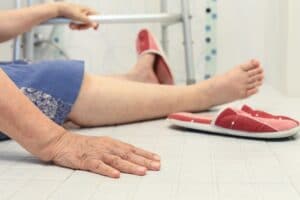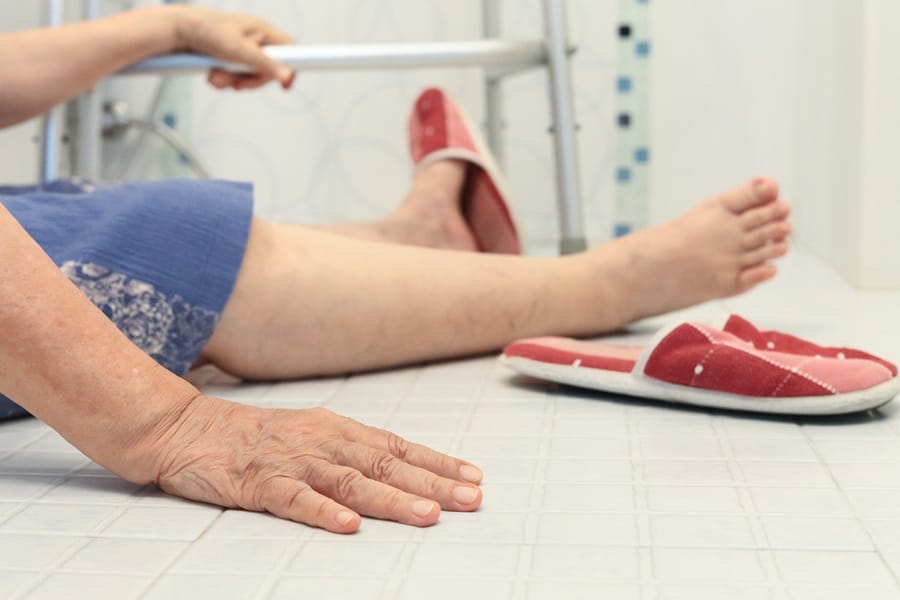June is PTSD Awareness Month and even if you have never experienced post-traumatic stress disorder, you likely understand how much it can impact a person. Just because your mother, father, you, or somebody else in your life hasn’t been in war or been the victim of a violent crime doesn’t mean they escape post dramatic stress disorder. In fact, more people are being diagnosed with PTSD these days because of how science has determined the impact certain stresses can have on mental health.
Your mother might have slipped and fallen recently, but escaped serious injury, thankfully. That doesn’t mean she

escaped unharmed, though. She could be dealing with the effects of post-traumatic stress disorder as a result of that incident.
Even though she may not be physically suffering or overcoming injuries as a result of this incident, she might be dealing with things emotionally or mentally that could leave her incapacitated to some degree or for some periods of time.
For example, maybe she slipped and fell while doing the laundry.
This can happen to people as they get older. When you begin struggling with basic tasks because of diminishing strength, health issues, or other factors due to age and so forth, just doing the things that used to be easy become far more complicated.
If your mother slipped while she was carrying the laundry back down from upstairs or up from the basement, she may have toppled over the steps. The moment her foot caught the step and she realized she lost her balance, a thousand thoughts may have run through her head.
She may have assumed this was the end, that things were really going to change, if she would survive this fall at all.
Now, though, even though she is okay, having escaped with only a few minor bumps and bruises, she hasn’t been doing the laundry lately. She hasn’t been cleaning the house like she used to.
Suddenly, every task is fraught with danger. She can’t seem to get her mind past these challenges, these struggles. And while she hasn’t said anything to you or anyone else directly, you notice the effects in her poor personal hygiene, the house getting dirtier and dirtier, the laundry piling up, and so forth.
How could elder care services make a difference?
A home care aide, for example, could stop by her house on a regular basis and assist her with the laundry. This professional, experienced caregiver could be exactly what she needs to help her overcome some of her fears and anxieties that are part of PTSD.
The key point is not to diagnose somebody with PTSD yourself, but if you suspect your mother or somebody else you care about is suffering from some kind of post-traumatic stress, encourage them to visit a health care professional, a mental health counselor or psychologist for proper diagnosis.
In the meantime, sit down and discuss the prospect of elder care support, which could be instrumental in not only keeping her safer in the years ahead, but helping her cope with this new reality in life.


